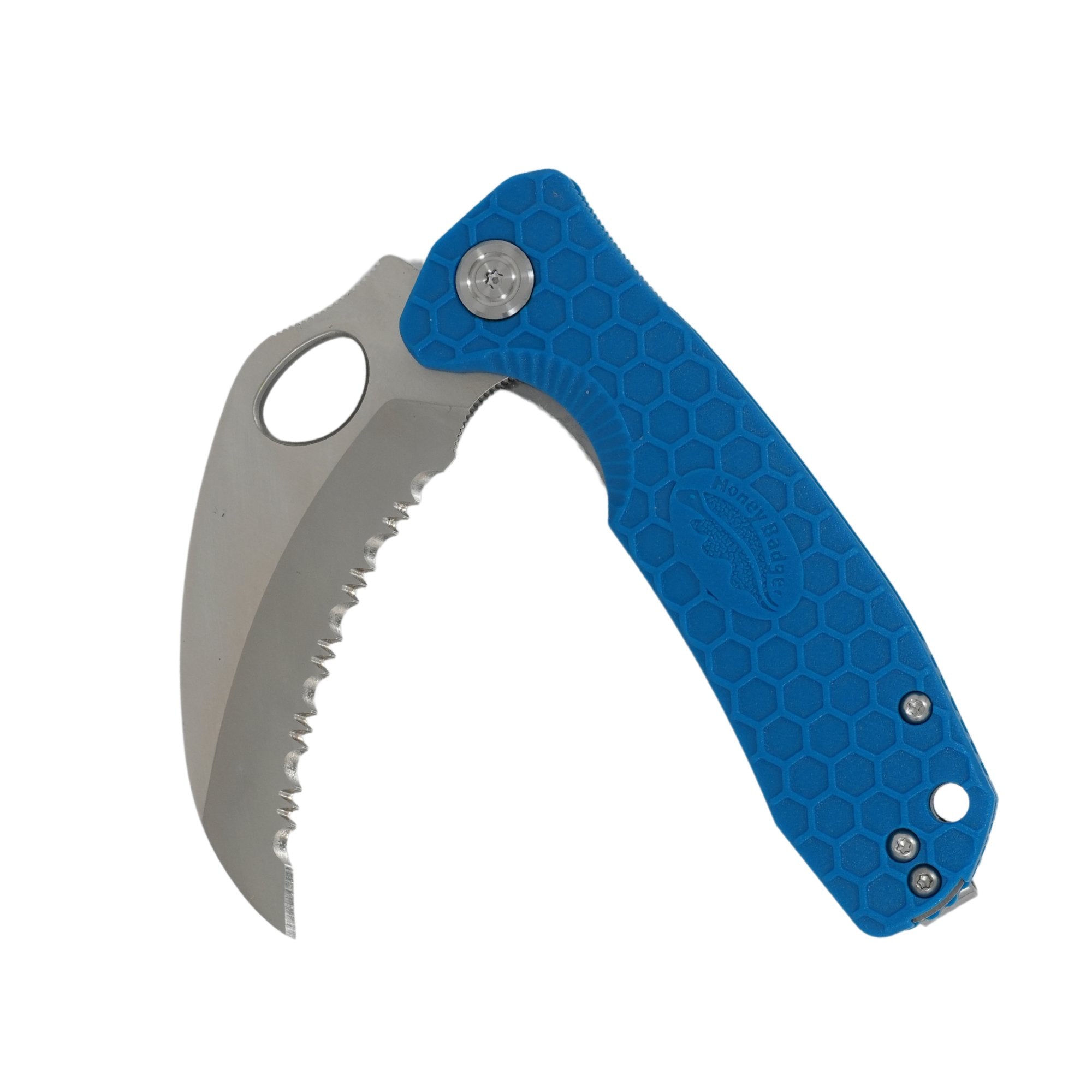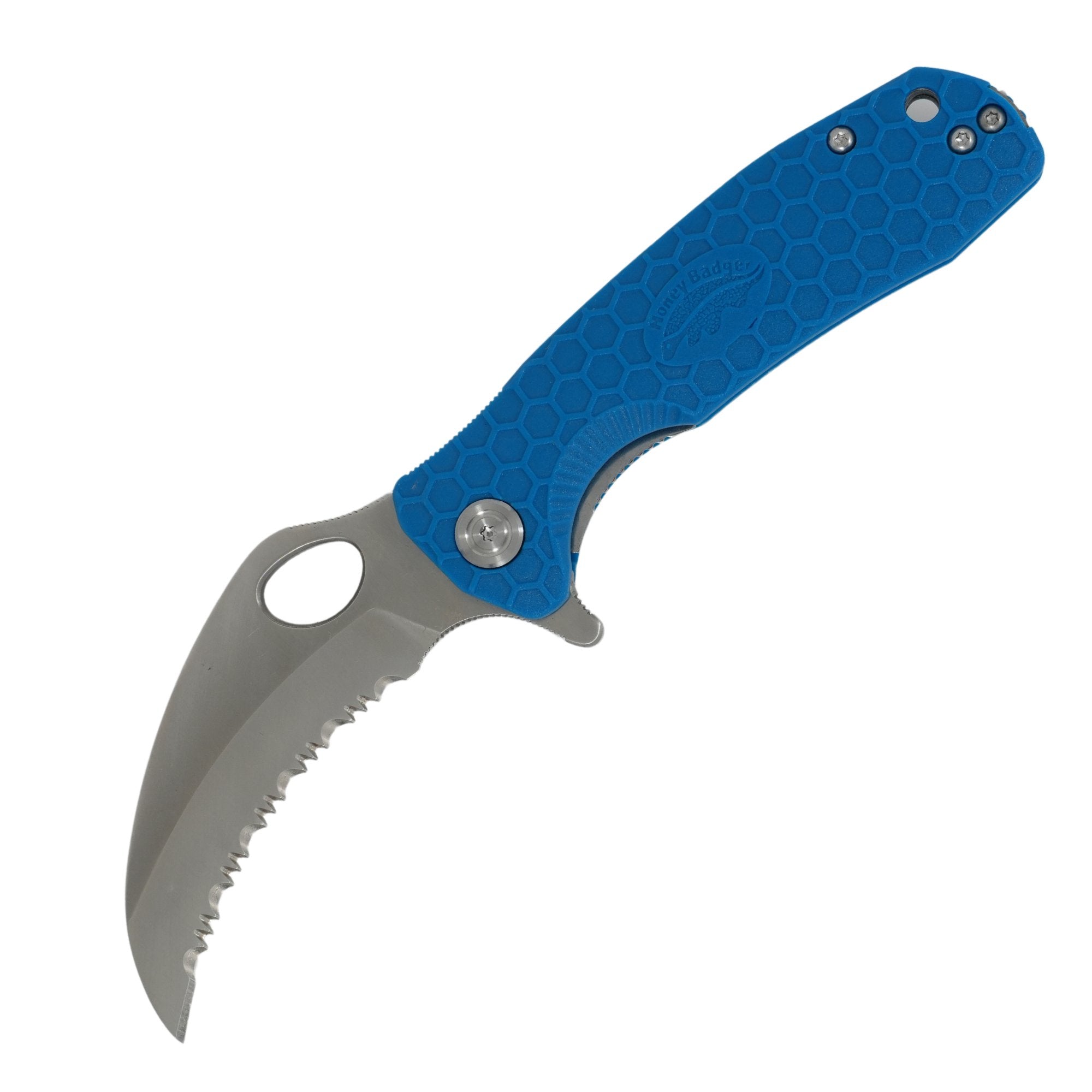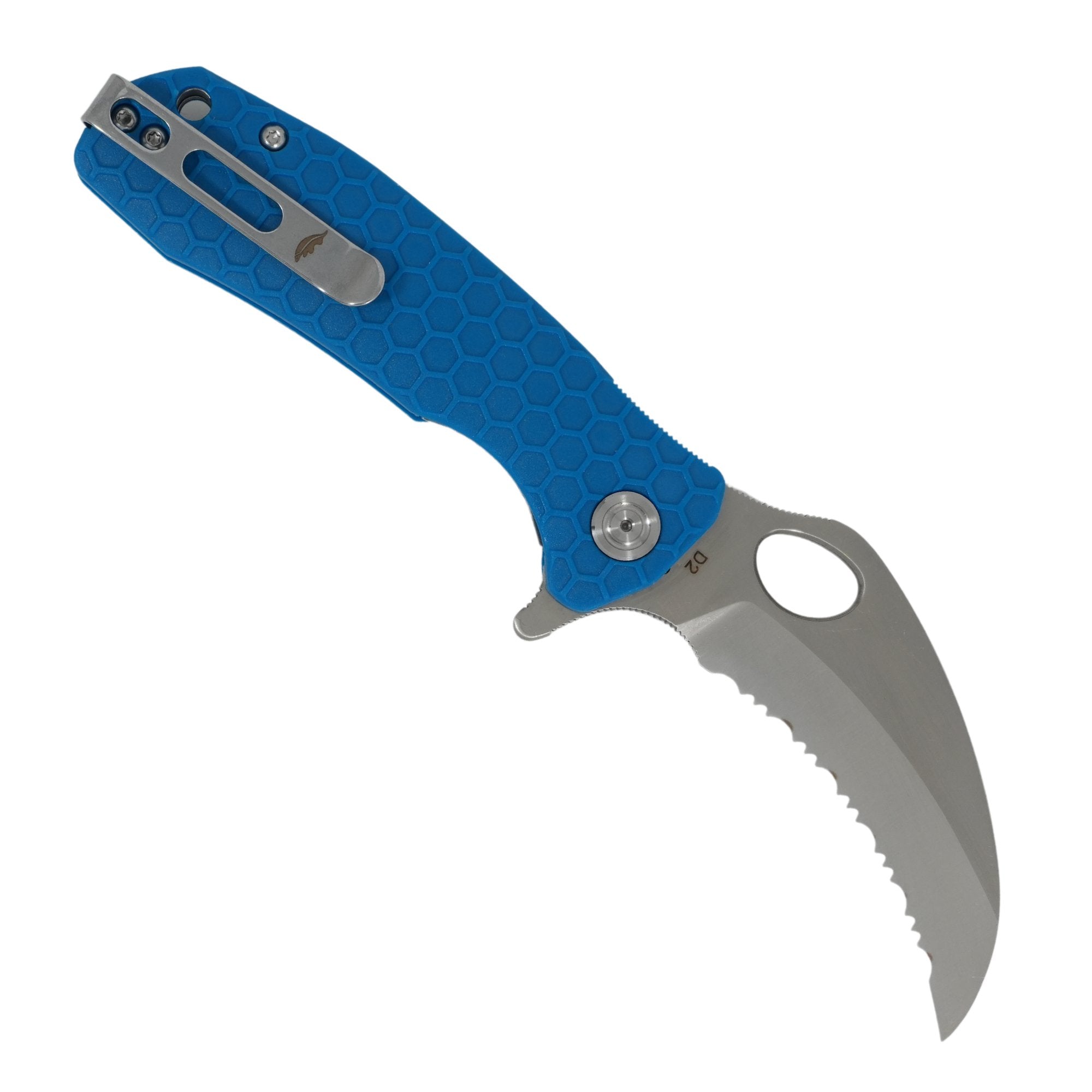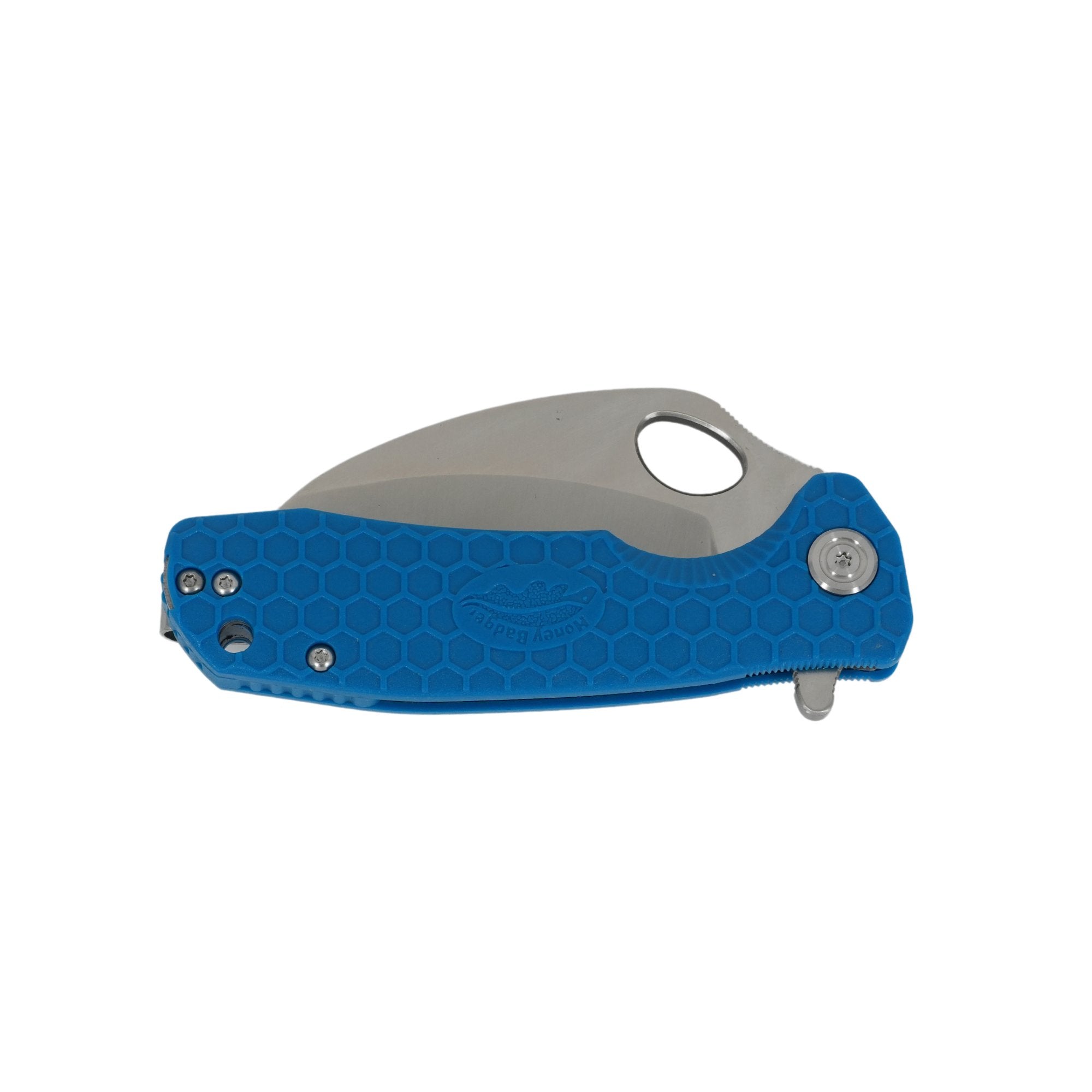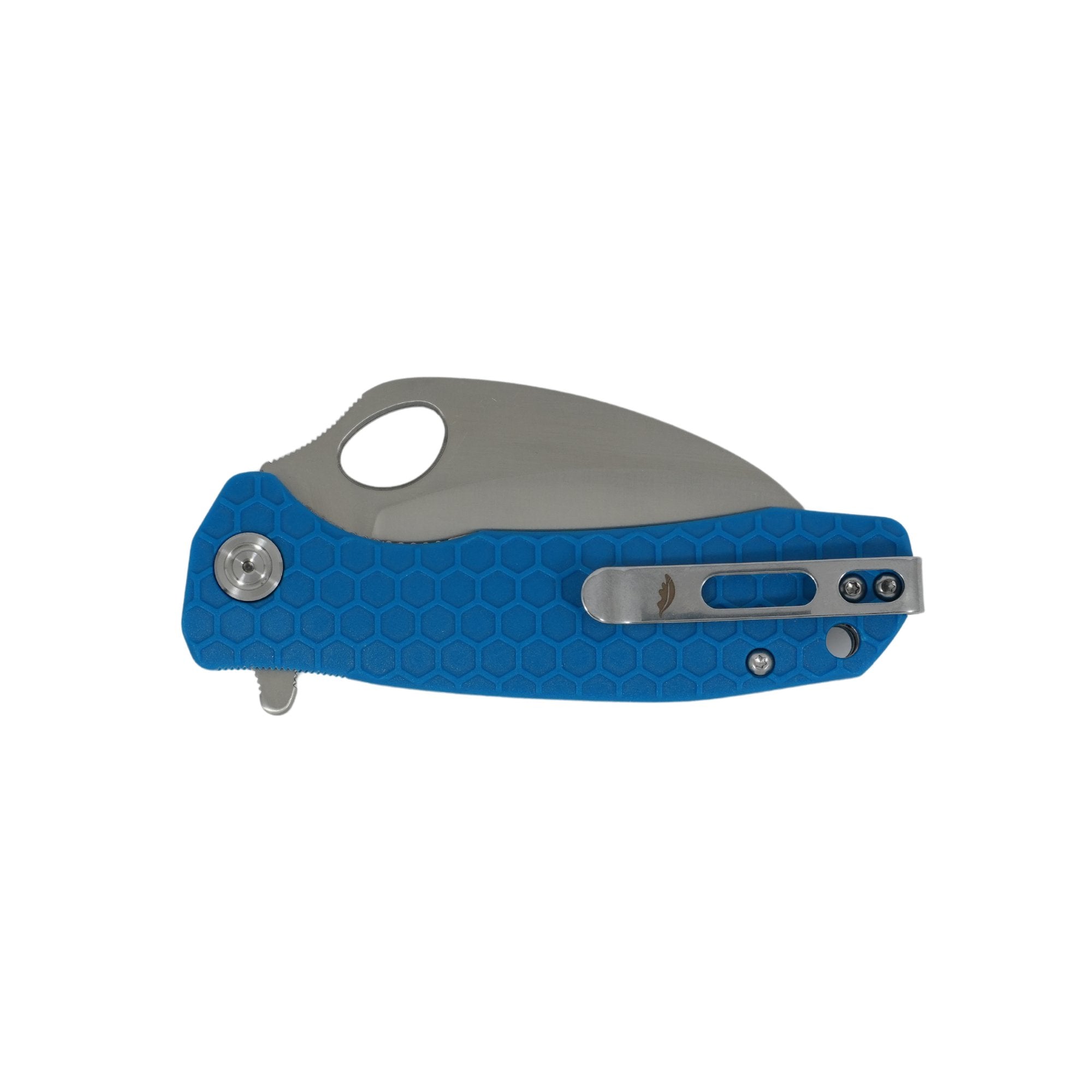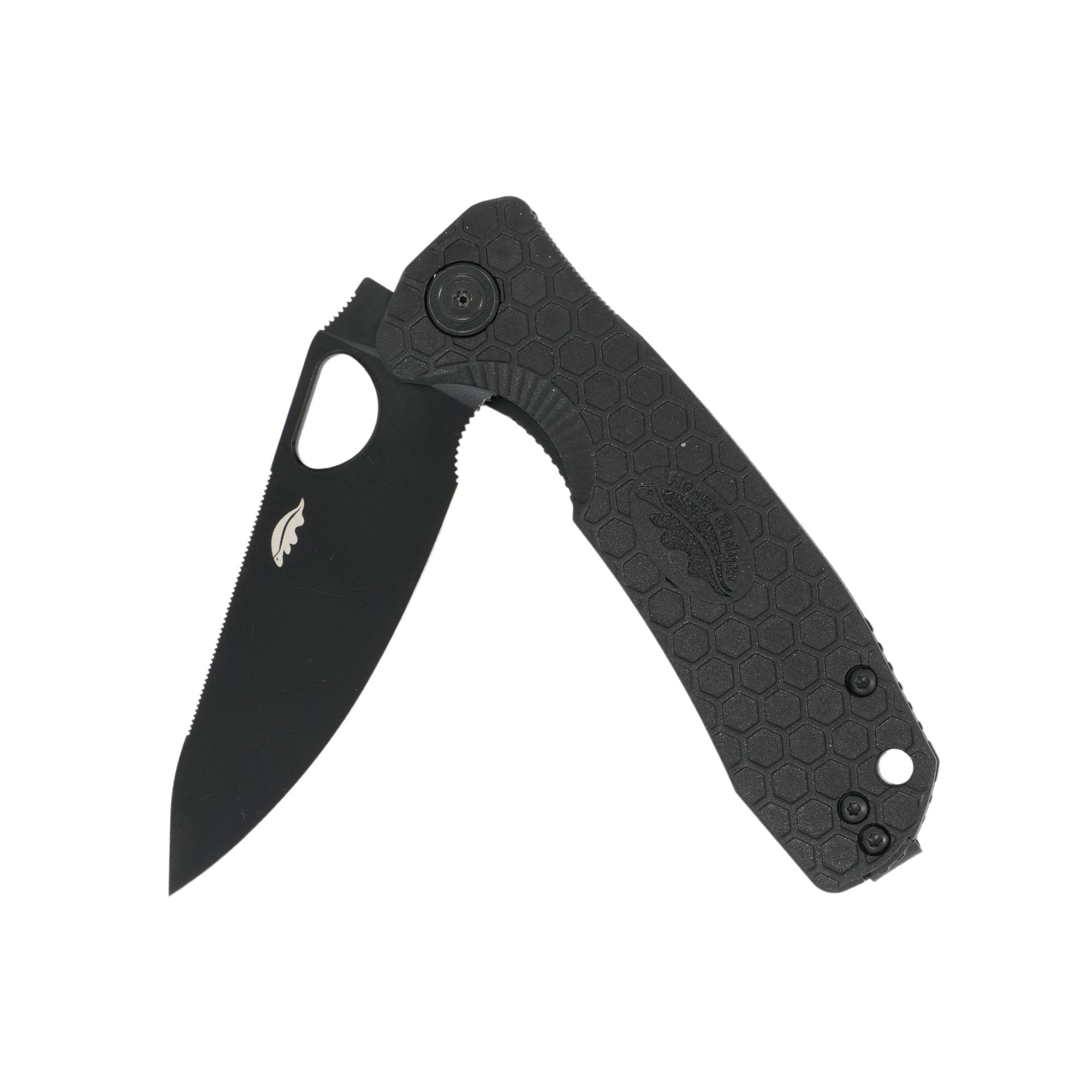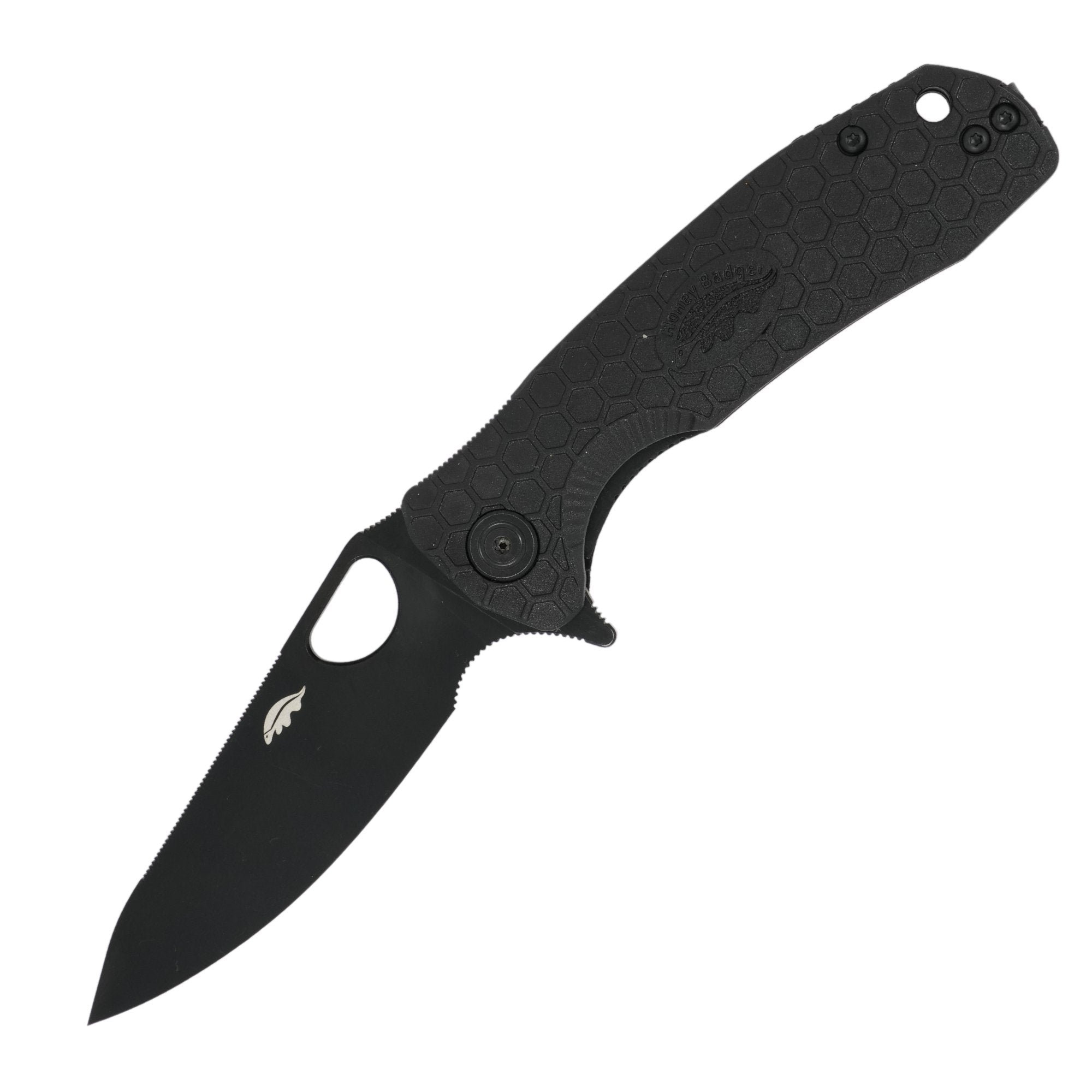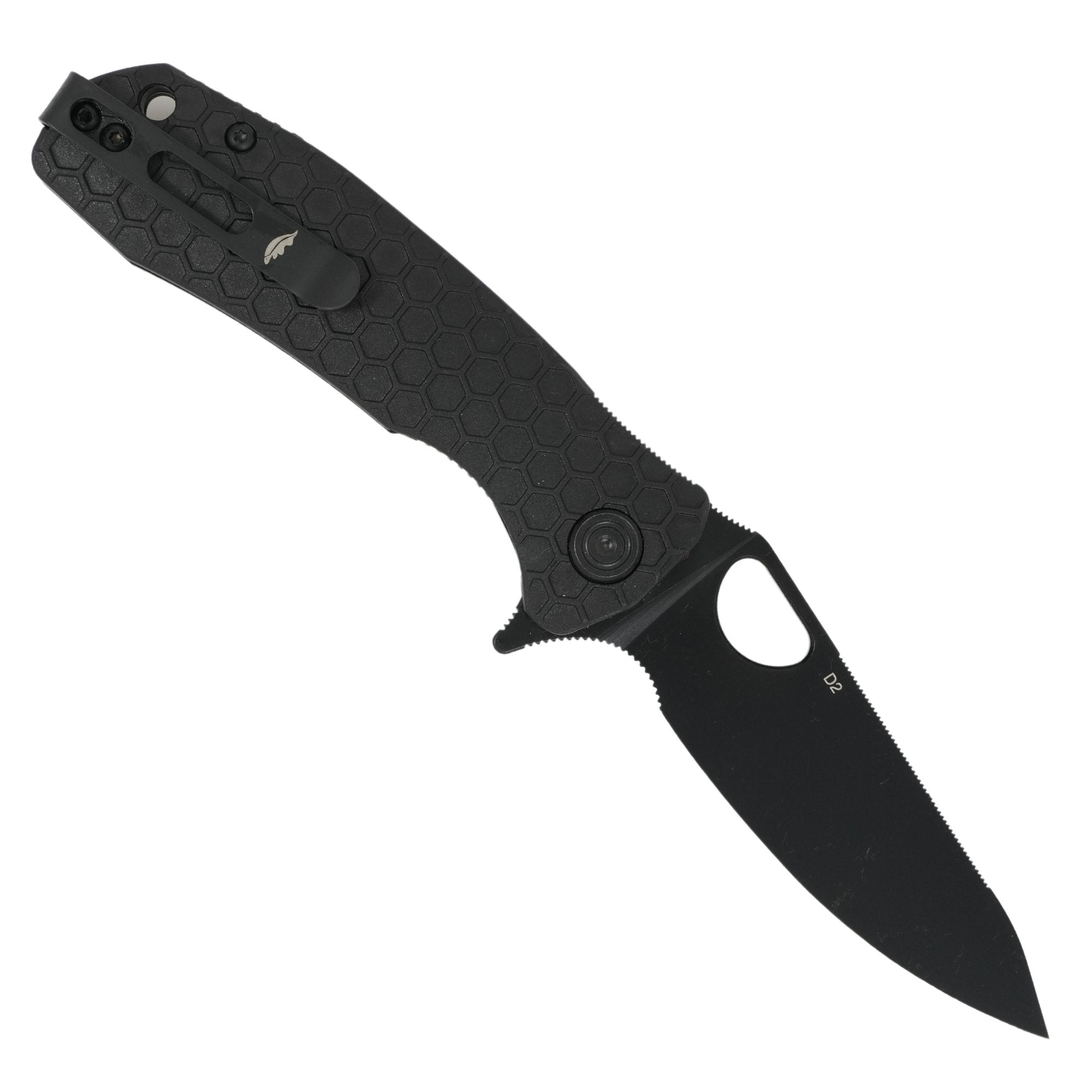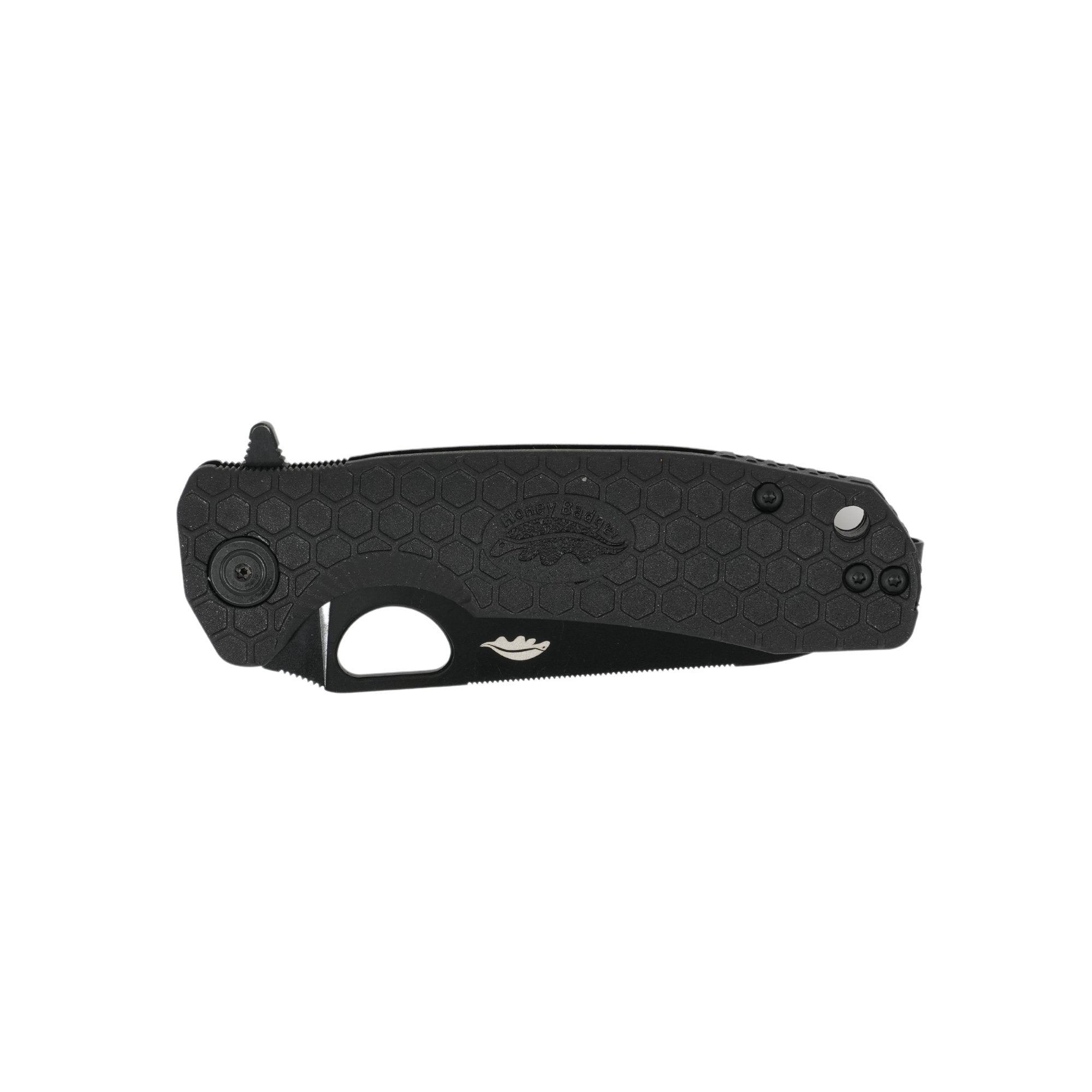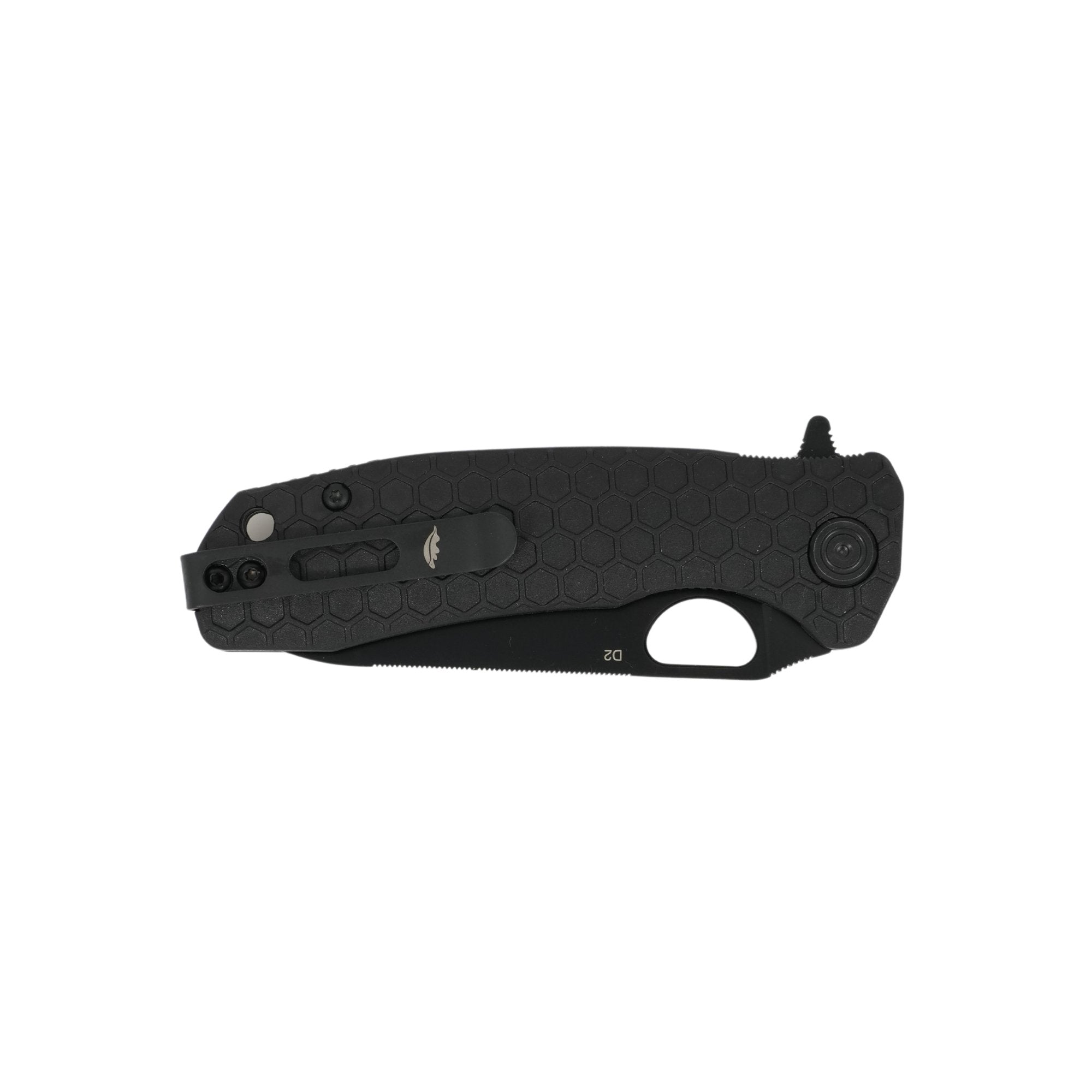D2 Steel Blade Knives
D2 Steel is a high-carbon, high-chromium tool steel known for its excellent hardness, wear resistance, and edge retention. It is a popular choice for knife blades and other cutting tools. Here are some key characteristics and information about D2 steel:
- Composition: D2 steel is part of the group of tool steels known as air-hardening steels. Its composition typically includes around 1.5% carbon, 12% chromium, 1% molybdenum, 1% vanadium, and other trace elements. This composition contributes to its exceptional hardness and wear resistance.
- Hardness: D2 steel is known for its high hardness, typically in the range of 58-62 HRC (Rockwell Hardness C scale). This hardness level allows D2 blades to retain a sharp edge for extended periods, making it a popular choice for applications that demand cutting performance.
- Wear Resistance: D2 steel exhibits excellent wear resistance, making it suitable for cutting and slicing tasks where the edge is subjected to significant wear over time. This property is especially important in industrial and woodworking tools.
- Edge Retention: Due to its high hardness and wear resistance, D2 steel is capable of maintaining a sharp edge for a long time, which is desirable for users who require a knife that can perform well without frequent sharpening.
- Corrosion Resistance: While D2 steel is not considered stainless, it does have some resistance to corrosion. However, it is not as corrosion-resistant as stainless steels with higher chromium content. Proper care and maintenance, including cleaning and drying the blade after use, are essential to prevent rusting.
- Toughness: D2 steel offers good toughness, but it may not be as tough as some other tool steels. It can withstand impact and lateral forces without chipping or breaking, but it may be less forgiving than some lower-hardness steels.
- Applications: D2 steel is commonly used in the production of various cutting tools, including knives, chisels, and woodworking tools. It is favored by many knife makers and users who prioritize edge retention and hardness.
- Sharpening: D2 steel can be challenging to sharpen for some individuals due to its high hardness. However, with the right sharpening techniques and tools, it can achieve a razor-sharp edge.
- Maintenance: Because of its lower corrosion resistance compared to stainless steels, it's important to clean and dry D2 steel blades promptly after use and apply a light coat of oil or corrosion-inhibiting substance to prevent rust.
In summary, D2 steel is a tool steel renowned for its hardness, wear resistance, and edge retention. It is favored by knife enthusiasts and professionals who require a high-performance blade for demanding cutting tasks. However, users should be aware of its potential for corrosion and should practice proper maintenance to ensure the longevity and performance of D2 steel knives. What you should use to sharpen your knives

















































































